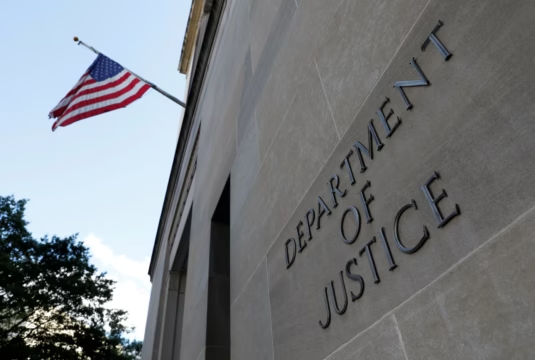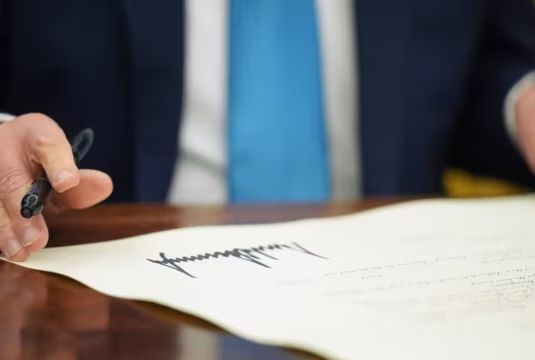Supreme Court Undercuts Federal Enforcement of Anti-Bribery Law
Congress should immediately clarify that the law covers all types of bribery schemes
A statement from Transparency International U.S.
June 27, 2024
On June 26th, the U.S. Supreme Court issued a decision in Snyder v. United States reversing the bribery conviction of James Snyder, a former mayor of Portage, Indiana, who received a “gratuity” from a state contractor after the contractor was awarded a $1.1 million contract to provide trucks to the municipality.
In its decision, the Court’s majority ruled that the federal anti-bribery statute does not clearly cover certain gratuities paid to state and local officials after the official act took place. The decision limits certain federal prosecutions of these officials. It does not currently impact state prosecutions of state and local officials.
Transparency International U.S.’s Executive Director, Gary Kalman, issued the following statement:
The Court’s decision threatens robust enforcement of our federal anti-bribery laws. The judicial gymnastics undertaken by the Court’s majority diverge from a common sense reading and application of the statute. The myopic interpretation of the anti-corruption law means, for now, states will need to step up their enforcement to protect the public from the actions of corrupt actors.
Let’s not forget why these laws were passed. Payments—whether made to influence a decision in advance or reward a public official after an official act—are not victimless crimes. Traditional bribes and after-the-fact gratuities have been used to evade standards for construction projects, worker health and safety, public health and more that lead to physical harm and even death. The diversion of public funds linked to payments to influence and reward public officials has undermined important public infrastructure projects, disaster relief efforts and economic development aimed at building wider financial security and stability. And they both have moved officials to ignore, and therefore elevate, risks to our national security.
The Court left open the door for Congress to clarify that U.S. anti-bribery law does cover a broader set of corrupt schemes. Congress should immediately move to adopt clarifying language and protect the public against the dangers of loopholes to core anti-corruption rules.
###
TI US is part of the world’s largest coalition against corruption. In collaboration with national chapters in more than 100 countries, through research, policy development, and advocacy, we are leading the fight to turn our vision of a world free from corruption into reality.
Related Resources
- Read the Snyder v. United States decision;
- Read the United States country page in the 2023 Corruption Perceptions Index.
Media Contact
Gary Kalman, Executive Director, Transparency International U.S.
Telephone: +1 215 439 7090
Email: gkalman@us.transparency.org
Twitter: @TransparencyUSA






